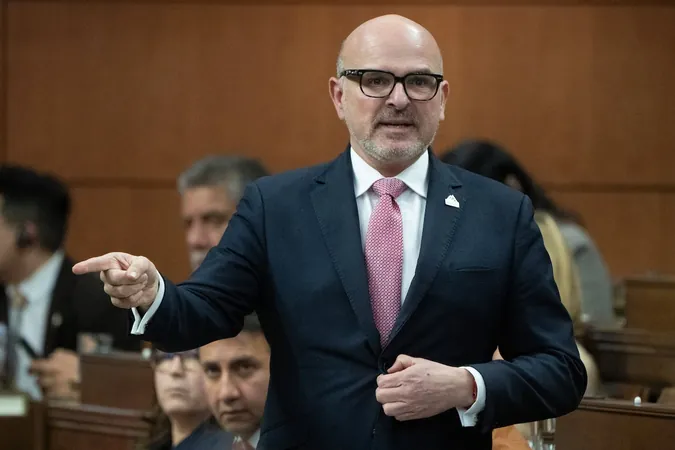
Randy Boissonnault's Scandal: A Foreign Affair or Just Poor Judgment?
2024-11-20
Author: Emma
Randy Boissonnault's Scandal: A Foreign Affair or Just Poor Judgment?
Employment Minister Randy Boissonnault is attracting significant controversy as he tops the list of the most problematic ministers in the Liberal cabinet—a dubious honor that has, over the years, been handed to various individuals within Prime Minister Justin Trudeau’s administration. Previous ministers, such as Harjit Sajjan and Mary Ng, have faced public outcry for their actions, yet remain in government despite their missteps. It raises the question: will Boissonnault meet a similar fate?
Boissonnault finds himself entangled in two major scandals that call his integrity into question. The first revolves around his alleged ongoing involvement with Global Health Imports (GHI), a medical supply company he co-founded while out of office during the COVID-19 pandemic. The second issue is his fluctuating claims regarding his Indigenous identity, a topic that has sparked considerable debate.
GHI, which Boissonnault formed with business partner Stephen Anderson, has a troubling past, now facing lawsuits, approximately $8 million in court-ordered debts, and even arson that destroyed its warehouse. Despite being appointed as a minister, Boissonnault's name reportedly remained linked to GHI as its director for more than a year. In response to revelations about this connection, Boissonnault stated he formally resigned in the fall of 2021, suggesting that the responsibility for updating the business records fell on Anderson.
What amplifies the scrutiny of Boissonnault’s actions is the fact that GHI won a federal contract to supply gloves to Elections Canada while he held a significant ownership stake. Although his office claimed he had no knowledge of this bid, questions remain about the ethical implications of such ties to a contracting company.
In an alarming twist, text messages from Anderson emerged, indicating he was actively involved in business dealings while referencing "Randy." Initially denying these messages pertained to Boissonnault, Anderson later retracted this claim, leading to speculation about their actual relationship.
Yet, the scandal deepens. Recently, it was revealed that GHI falsely claimed it was entirely Indigenous-owned during the bidding process for government contracts. Boissonnault, asserting he never identified as Indigenous, has attempted to distance himself from this issue. However, contradictions arise from his previous participation in the Liberal Indigenous caucus, which he now claims was merely an associative role.
The interpretation of Boissonnault’s numerous troubles ranges from naive misjudgment to more sinister implications of deliberate deception and manipulation of governmental protocols. While some may argue he is simply a confused individual tangled in the web of a questionable partnership, others suspect a more serious breach of the Conflict of Interest Act.
Calls for accountability are growing louder, with the ethics committee now investigating Boissonnault’s deeper involvement with GHI. The swirling controversy raises crucial questions about his position and the future of the Liberal cabinet—a cabinet already fighting criticism over a series of ministerial scandals. As Boissonnault's saga continues to unfold, only time will tell whether he can navigate the storm or if his career will be left in tatters. Can he save his reputation, or has he become yet another casualty in a cabinet under fire?


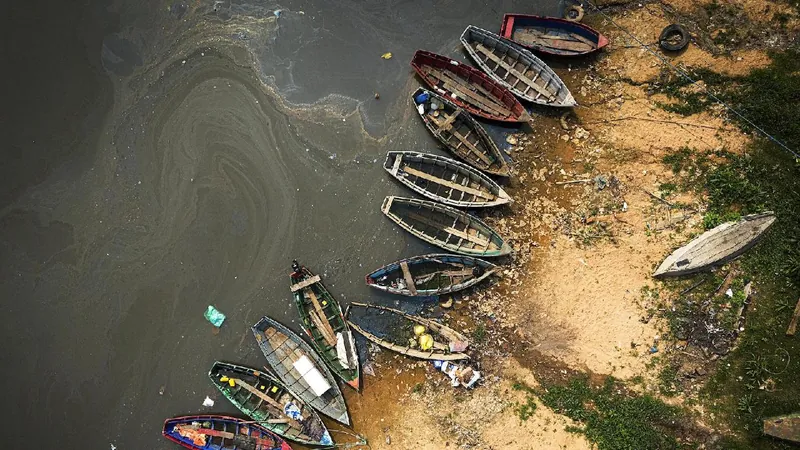
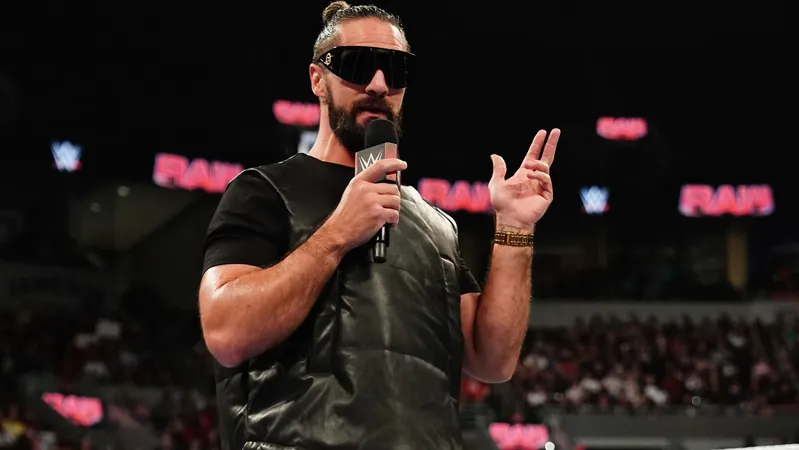

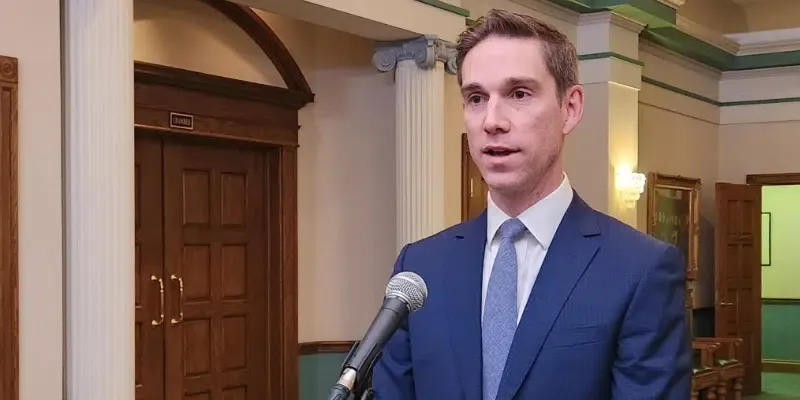

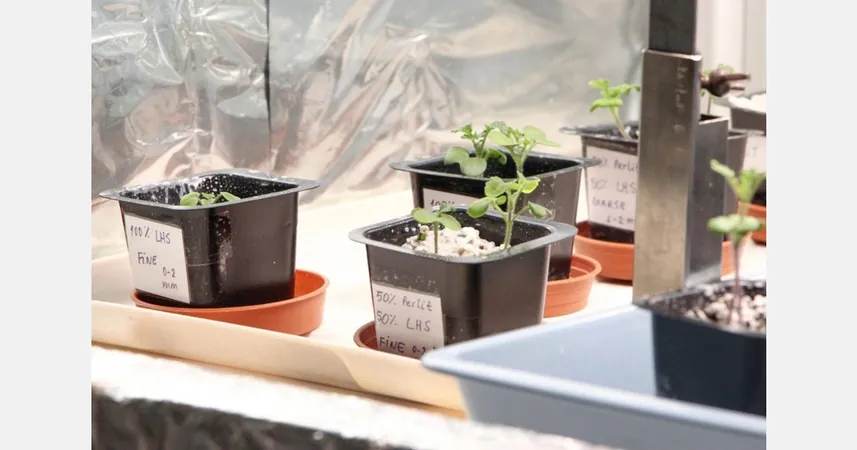

 Brasil (PT)
Brasil (PT)
 Canada (EN)
Canada (EN)
 Chile (ES)
Chile (ES)
 España (ES)
España (ES)
 France (FR)
France (FR)
 Hong Kong (EN)
Hong Kong (EN)
 Italia (IT)
Italia (IT)
 日本 (JA)
日本 (JA)
 Magyarország (HU)
Magyarország (HU)
 Norge (NO)
Norge (NO)
 Polska (PL)
Polska (PL)
 Schweiz (DE)
Schweiz (DE)
 Singapore (EN)
Singapore (EN)
 Sverige (SV)
Sverige (SV)
 Suomi (FI)
Suomi (FI)
 Türkiye (TR)
Türkiye (TR)